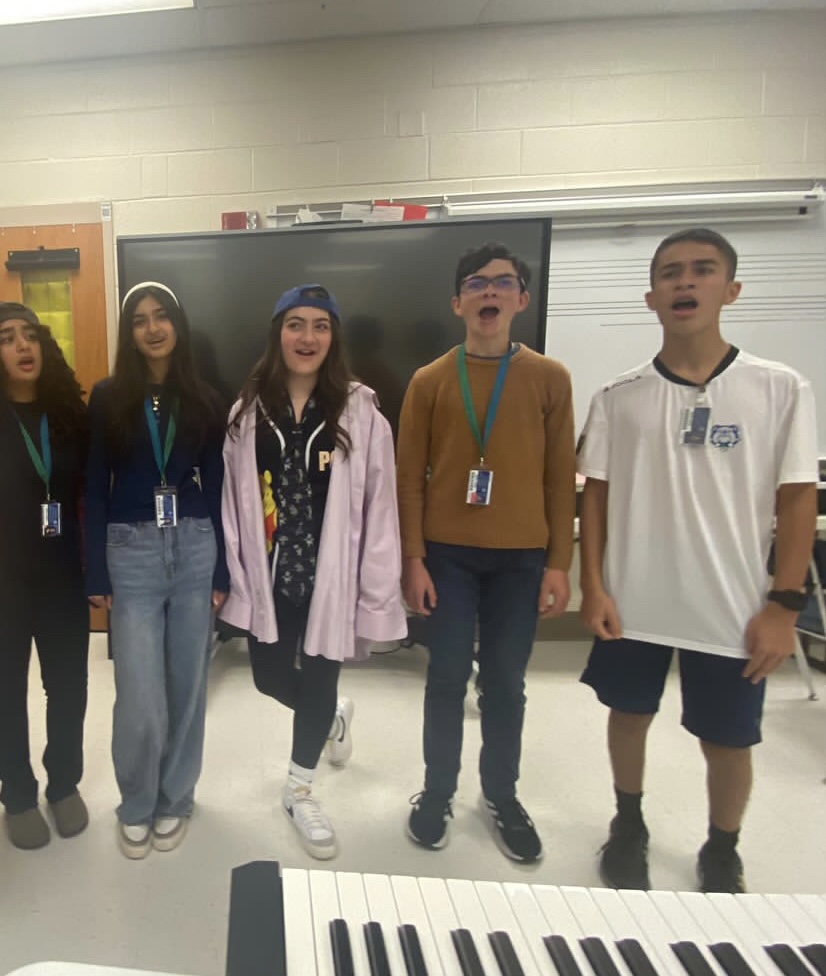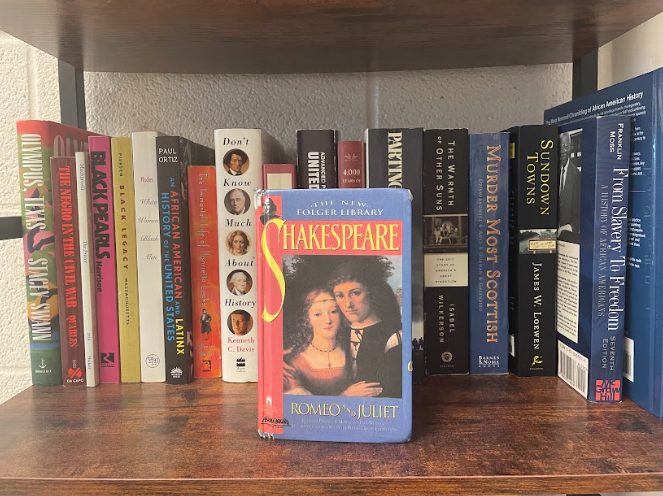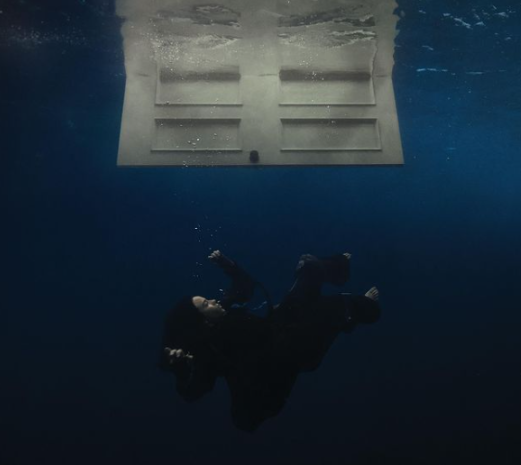University of Maryland, College Park (UMD) recently instituted an initiative known as “Promoting Responsible Action in Medical Emergencies,” a practice that will dismiss disciplinary repercussions for students who report a peer’s emergency medical information in regards to their consumption of alcohol.
The university senate, which is made up of faculty, staff and students, passed a resolution April 23 that approves of the practice. According to John Zacker, director of student conduct at UMD, out of the 170 members of faculty in the senate, only one was opposed to the new intiative.
UMD hopes that the practice will encourage students to call in times of emergency, without the fear of being punished afterward for their presence at or for partaking in illegal activities. However, in order to avoid punishment, students must meet with administrators and complete an alcohol intervention program, Zacker said in an April 22 Washington Post article.
“After medical attention is given, the recipient [of the medical attention], or student who calls [the authorities] will be referred to my office for discipline,” Zacker said. “We will then determine if the situation follows under our protocol, and receive an evaluation from the university health center.”
According to Zacker, this practice is the result of a national trend in which students from a number of colleges have pushed to be granted amnesty for both alcohol and drug use reports. However, UMD decided not to take part in including drug use in their practice, mainly due to its illegality.
Although other schools have used terms such as “amnesty “ or “good Samaritan” for their programs, UMD chose not to name their program in a manner that would lead students to believe they would be entirely free from punishment.
“We do not use amnesty because of its implication and inference that nothing will happen,” Zacker said. “We still need to address underage use of alcohol.”







